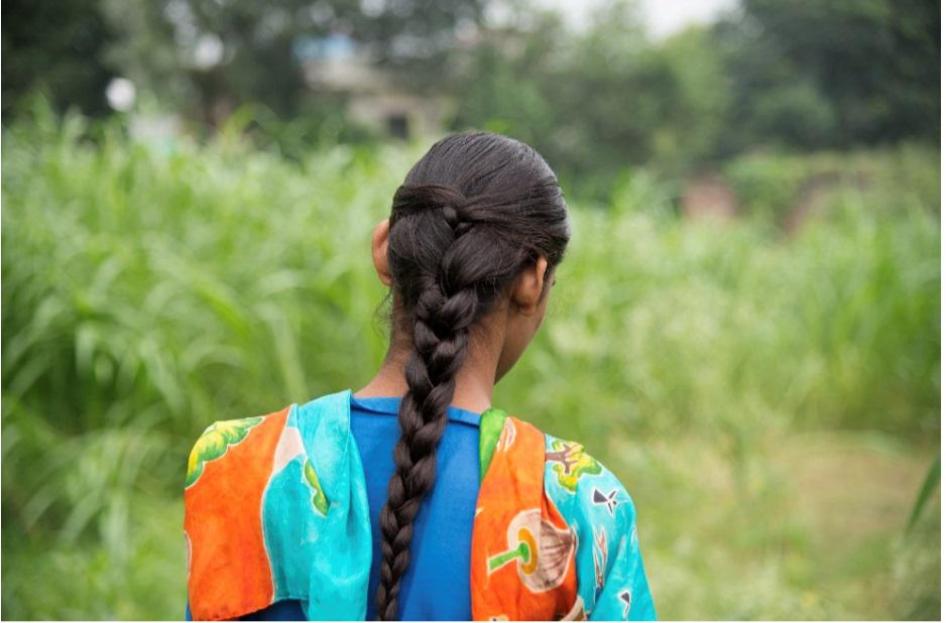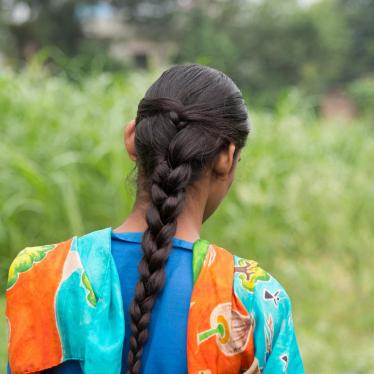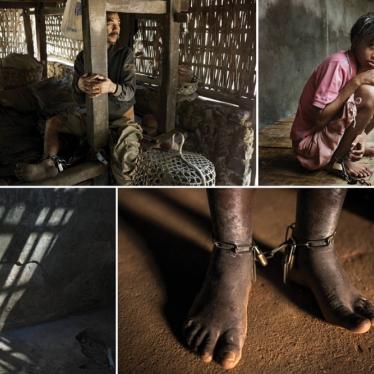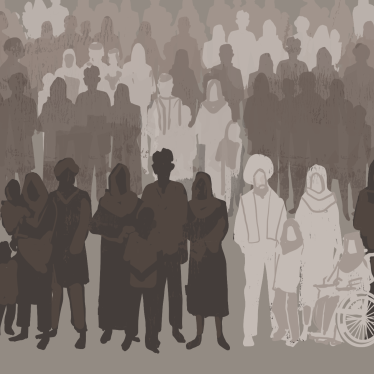A recent judgment by India’s Supreme Court is a watershed moment for women with disabilities in India and worldwide.
The case involved a 19-year-old blind woman who was raped by her brother’s friend. The court in its April judgment, rendered by Justice Dhananjaya Chandrachud, acknowledges the threat of sexual violence for women and girls with disabilities as “an all-too-familiar fixture of their lives.” It sets straight that women with disabilities are not weak, helpless, or incapable: “Such a negative presumption of disability translating into incapacity would be inconsistent with the forward-thinking conceptualization of disabled lives embodied in our law and, increasingly, albeit slowly, in our social consciousness.”
I interviewed a woman with a psychosocial disability who was gang raped in Kolkata in 2014, who said police told her, “She’s mental, why should I pay attention to her?” This is exactly the kind of thinking that needs to shift. The recent judgment emphasizes that testimony of a person with a disability should not be devalued or the person deemed incapable of testifying on grounds of a disability.
The judgment notes that the rape survivor identified the perpetrator by his voice, which was familiar to her, and stresses that such testimony should be given equal legal weight as a visual identification. While the incident took place in 2011, before adoption of the Criminal Law Amendments Act of 2013, a law enacted following the gang rape and murder of a young woman in Delhi, this ruling demonstrates that accommodations can be made for people with disabilities in the judicial process.
This ruling comes at a time when women in India still face significant barriers to obtaining justice for sexual violence, especially when the alleged perpetrators are powerful.
The judgment, which extensively cites Human Rights Watch’s 2018 report on sexual violence and access to justice for women and girls with disabilities, echoes calls from the Indian disability rights movement for concrete reforms to make the criminal justice system more accessible for people with disabilities, including:
- training judges, lawyers, and police officers on properly managing cases involving survivors of sexual violence;
- creating a database of trained “special educators,” interpreters, and legal aid providers; and
- collecting disaggregated data on gender-based violence from the National Crimes Record Bureau.
This judgment puts the testimony of a blind woman front and center, and gives hope for women with disabilities in India and worldwide that they will no longer be invisible victims of violence.









